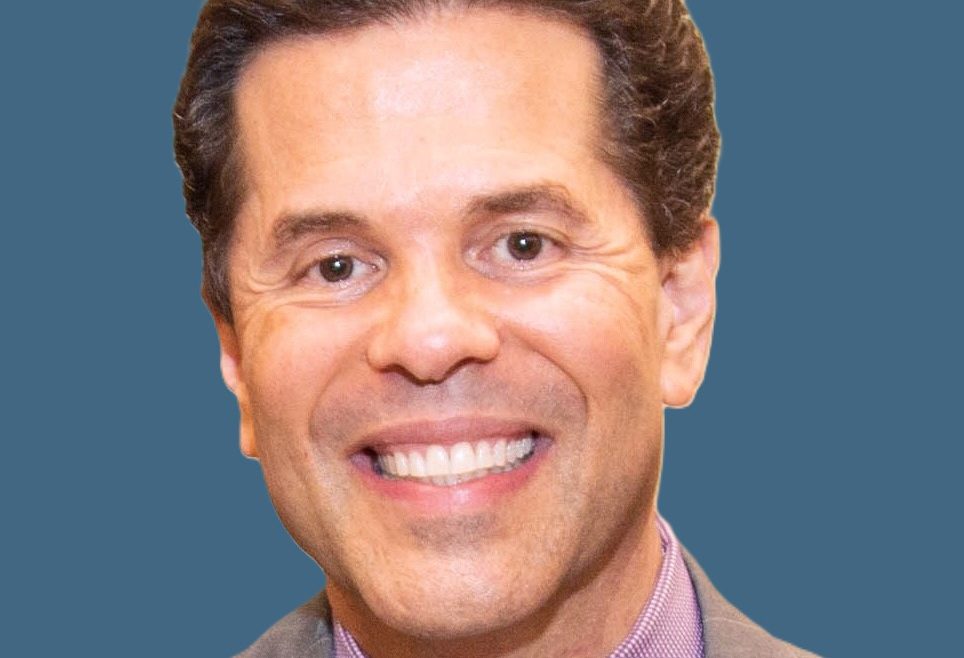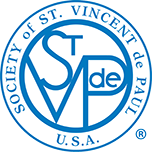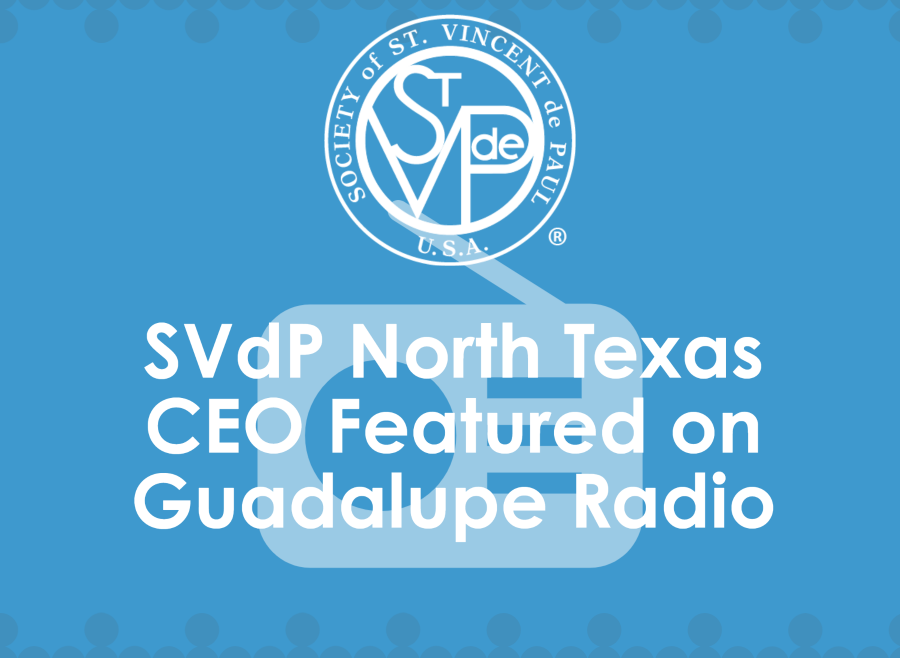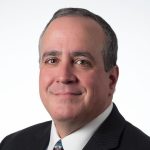Dear Vincentian Brothers and Sisters,
After an extensive nationwide search led by executive search firm BoardWalk Consulting, I am thrilled to announce that the Society has chosen its next National CEO from our own St. Vincent de Paul USA family.
Michael Acaldo, the CEO of the Diocesan Council of Baton Rouge, is our new CEO of the National Council of the Society of St. Vincent de Paul.
A native of Baton Rouge, Michael has been a member of the Vincentian Family since 1990.
In his tenure with the Council of Baton Rouge, Michael has led that group to incredible growth. In 1991, he oversaw the founding of the Bishop Ott Shelter Program, which has since grown to five emergency shelters serving men, women, children, and families, and which provided more than 31,000 guest nights of shelter in 2023. In 1995, he helped establish the St. Vincent de Paul Community Pharmacy, the first SVdP Charitable Pharmacy in the nation. The Baton Rouge St. Vincent de Paul Dining Room served over 300,000 meals to neighbors in need in 2023. And if that weren’t enough, he’s also the creator, host, and executive producer of the SVdP Beacons of Light television show, which has been on the air since 2006.
Michael is well respected within the Society, and within the larger Catholic community. He has received various honors for his work with the Society in Baton Rouge, including receiving the Benemerenti Medal from Pope John Paul II in 2002 for service to the Catholic Church; serving as a John W. Barton, Sr. Fellow for excellence in community nonprofit leadership, also in 2002; being inducted into the Catholic High School Hall of Fame in 2009; and receiving the inaugural St. Joseph’s Cathedral Community Award in 2013.
Of his new role, Michael had this to say: “I feel so blessed and honored to be chosen for this leadership position during such an exciting time in our Society’s history. Our National Board’s launching of VisionSVdP focuses on listening to every voice in our Vincentian Family, which is so powerful! I believe that the Holy Spirit will speak through Vincentians around the country, and provide a roadmap for our bright future. Plus, I cannot wait to join our talented and dedicated National Staff in St. Louis.”
On a personal note, this is a great day for the Society. Michael has been a friend and a colleague for almost 20 years and I can say without hesitation that he is an amazing leader, a consummate professional, and the kind of visionary that the Society needs to help take us into the future. Michael has a deep commitment to the essential elements of spirituality, service, and friendship. The Board of Directors and I look forward to working with Michael.
Michael received both his Bachelor of Science degree in Business Management and his Master of Business Administration from Louisiana State University. He and Paula, his wife of 32 years, are the proud parents of adult twin daughters. They are thrilled and looking forward to the arrival of their first grandchild this November.








 Luis shared with Catholic listeners many of the Society’s good works, including the power of the Home Visit, North Texas’
Luis shared with Catholic listeners many of the Society’s good works, including the power of the Home Visit, North Texas’